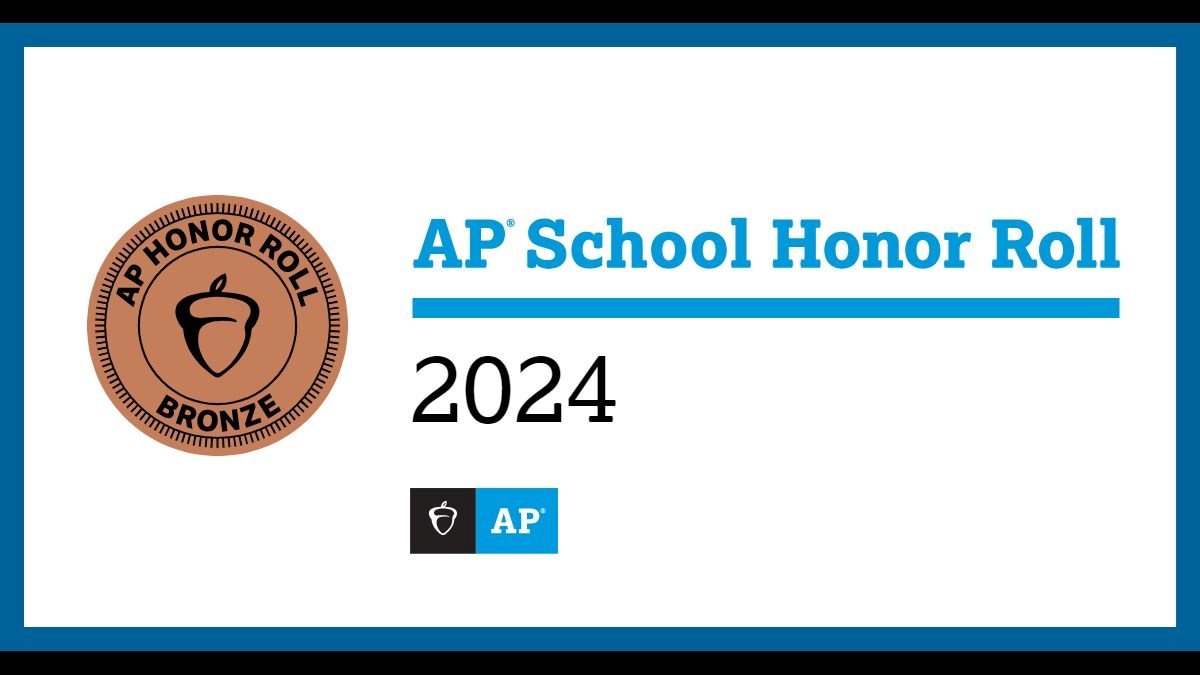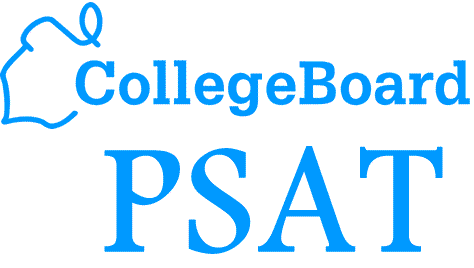HC has been acknowledged by College Board on the AP School Honor Roll for the 2023-24 school year. Based on criteria that evaluates research-based relationships between AP and college outcomes, HC was categorized as a Bronze School. During the pandemic, HC failed to achieve recognition from College Board for its AP students. However, the 2023-24 school year reflected higher success in AP courses than the school years affected by the pandemic, reviving prosperity from pre-COVID years.
“We get our students to sign up for AP classes by going and talking to them during scheduling,” one of HC’s AP Coordinators, Catherine Stephens, said. “When scheduling happens without us in the building, that was not very possible. It also decreased the ability for counselors to talk to their students […] when they come in to register.”
Proximity was not a convenience that staff and students had during the pandemic, limiting interactions and causing the number of students taking AP classes to decrease.
“Once we were in the building with AP,” Stephens said, “we tried to go back to what we had been doing – encouraging teachers who teach electives to go visit those classrooms. […] I think it gets back to that word of mouth, and that students themselves had to build up that academic confidence again.”
Now that students and staff have returned to in-person instruction, Stephens is able to focus on the weaknesses highlighted by College Board’s evaluation of the school’s AP achievement.
“There’s three measures of assessment for how they combine to give us an award,” Stephens said. “One of them is college culture, and that’s the one that we are currently lowest in. We score in 45th percentile, which puts us right in the bronze. […] That tells us about how many of our students experience at least one AP course before they graduate. So right now, 45% of our seniors have taken an AP class before they graduate, which is great, but that is what keeps us in the bronze category.”
However, it is clear that HC has improved significantly in other measurements of AP achievement, showing progress from recent years.
“The second category they look at is college credit,” Stephens said, “and they want to see that at least 25% to 30% of your students in the class have earned college credit by earning at least a 3 on one of their AP exams. We’re at the silver level right now. We are at 34%, [and] if we jumped up to 35%, we would be moving up into the next level, which is gold.”
Stephens is most proud of the scoring of college optimization, the metric in which HC reached the highest level.
“Then finally, their third metric is college optimization,” Stephens said. “We’re at the highest level. We’re platinum. That is where they look to see how much of your graduating class has taken a total of five APs or more across all four years, and students have to have taken at least one in ninth or tenth grade, because College Board doesn’t want to reward you for slamming kids with four or five AP classes [their] junior or senior year. But actually, we’re at 19%, so 19% of our students take five or more AP exams before they graduate, which is high.”
Student participation in AP classes helps HC qualify for awards from College Board, but it also allows students to experience the benefits of taking college classes in high school.
“AP gives a possibility of earning college credit,” Stephens said, “and that can be very useful. But at the same time, I think a big benefit of it as a former AP teacher myself, is that it prepares students for the level of learning that they’re gonna have to do at college. […] I think that the preparation gives you confidence, and if you enjoy learning, you’re learning in an environment with other students who are equally motivated, and that’s also rewarding.”
AP classes have proved to be of great benefit to HC students once they graduate, according to College Board’s success criteria. Students should consult with their counselors to determine what level of curriculum is most suitable for them individually.








